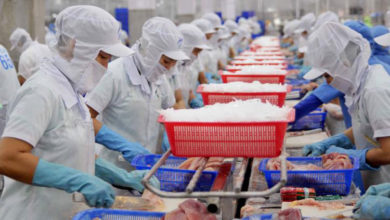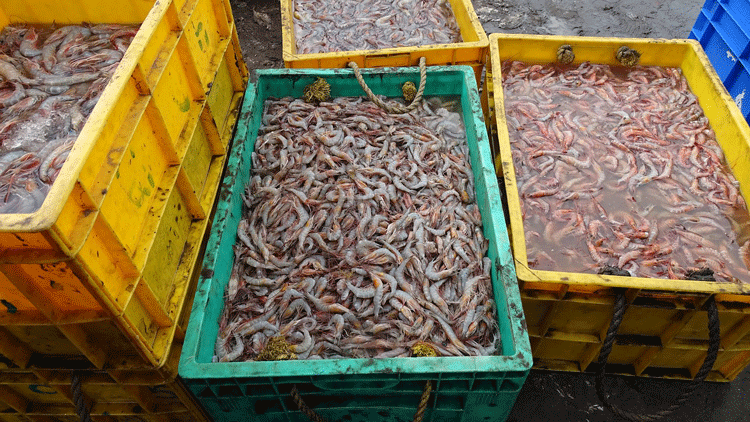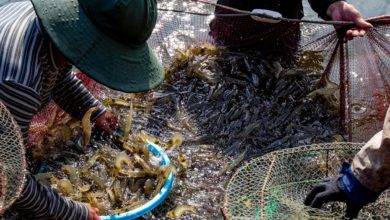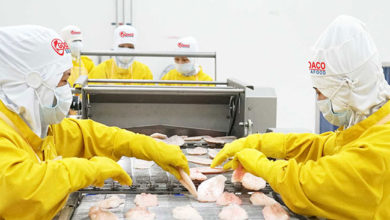Hậu Giang: Eel farmers face difficulties
Mud-free eel breeding in cement tanks has been considered an economic development model recently. However, unstable sales irregardless of increase in numbers resulted in consecutive decrease in prices of commercial eel. Moreover, the impact of the COVID-19 pandemic has dragged farmers into difficulties.
Three year ago, when the Phụng Hiệp district of Hậu Giang province started the mud-free eel breeding in cement tanks, farmer Trống in Hòa Phụng A hamlet or Kinh Cùng town was one of thirty participants. Not only were participants provided with 1,000 juvenile eels (the Government supported 50% of juveniles and 50% of feed), but they were trained with breeding techniques, prevention and cure of normal diseases that eel might catch. In the first crop, Trống harvested 250kg of eels and sold them at 250,000 dong/kg; he earned nearly 20 million dong profit. Eagerly, he continued to expand the model with three more ponds with 1,000 eels being stocked in each.
From 30 participants in the experiment, up to more than 100 households have participated the free-mud eel breeding model in Phụng Hiệp district, with a total of 200,000 eels. 50% of the participants had been related to pig farming before. The model has grown due to simple breeding technique and suitability with various farmers, including households of poverty and few land. However, rapid expansion irregardless of limited sales and the pandemic impact has dragged farmers into unexpected difficulties, resulting in prices reducing by half, 125,000 dong/kg.
Farmer Việt has four tanks of more than 11,000 eels in Hiệp Hưng commune of Phụng Hiệp district. Those tanks produce 3.5 tons of eel that should have been sold for over three months. However, he can not sell with the current price of 120,000 dong/kg (eel grade A), which is reduced by half from the same period last year. If those eels are sold out, he must bear a loss of nearly 100 million dong”.
Trần Văn Tuấn, Head of the Office of Agriculture and Rural Development in Phụng Hiệp district said that difficulties in sales were attributed to the COVID-19 pandemic, meanwhile a large amount of harvest-sized eels resulted in an oversupply crisis and a dramatic decrease in price. Because of cheap prices, many households cut the amount of eel feed to wait for prices to go up.
Under this circumstance, local agriculture sectors are working with companies and traders to support farmers with sales. Furthermore, farmers are warned not to expand the breeding model at this time when the pandemic has not been controlled, resulting in difficulties in sales.






